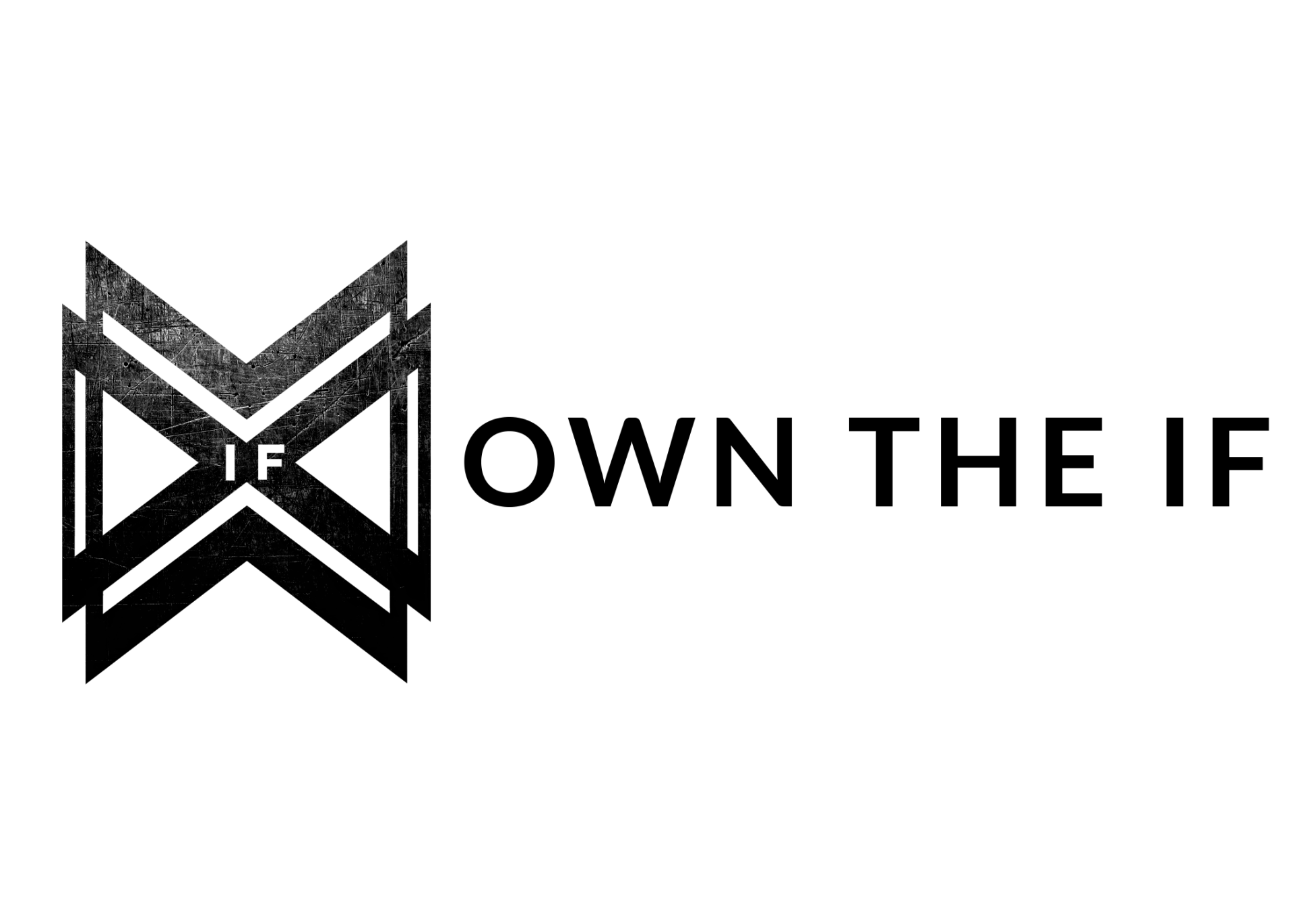Ever wonder why you sometimes feel like you’ve got a constant, nagging stress shadowing you, even when nothing big seems to be going wrong? Me too. That’s what we call underlying stress. It’s the sneaky kind of stress that might not smack you in the face, but it’s always hanging around in the background, quietly wearing you down.
Think of it as the low hum of a refrigerator that’s always there but only gets on your nerves when you’re trying to sleep. This kind of stress doesn’t come from one big thing—it's often a mix of work pressures, personal responsibilities, and those little environmental annoyances. Over time, it adds up, leaving you feeling anxious, tired, and distracted. Unlike acute stress, which hits you hard and fast in response to a specific event, underlying stress is like a persistent drip-drip-drip that can accumulate and affect your overall well-being if left unchecked.
In today’s fast-paced world, it's no wonder we often feel overwhelmed. With an endless stream of news updates and constant phone notifications, it’s easy to feel pulled in every direction, allowing that persistent, low-level stress to quietly build up and linger. If you’ve ever felt like you're juggling too much and constantly worrying about what you might be missing or forgetting, you're definitely not alone. As a person who feels this constant background anxiety firsthand, I get how it can steal your peace, joy, and a sense of accomplishment in your day.
While I'm not a mental health provider, I’ve picked up a few tricks along the way that have really helped me—and my clients—manage this kind of stress. So here are three practical ways to ease that underlying stress and reclaim your calm.
How It Works:
Limit News Consumption and Phone Alerts
By controlling your information intake, you protect your mental space and keep your life more balanced.
- Set specific times to check news, like once a day or every other day.
- Focus on news sources that provide factual information rather than emotional spin (I personally use 1440 and Morning Brew).
- Turn off non-essential notifications and use "Do Not Disturb" mode during certain hours to maintain your peace and concentration.
Write It Down: The Power of Brain Dumps
This practice helps manage your day more effectively and reduces anxiety by ensuring nothing slips through the cracks.
- Start your day with a morning brain dump: i.e. jot down everything you need to do and anything on your mind.
- Prioritize and delegate tasks, then do a smaller brain dump at night to clear your head before bed. I keep a larger Post-it pad on my nightstand for this specific purpose, and then I peel it off in the morning and stick it to my paper planner. This usually includes reminders like 'don't forget charger' or 'return library books.'
- Use a simple notebook or a notes app on your phone to capture thoughts.
- As your day unfolds, have a designated spot (e.g., daily planner space or a text to yourself) to capture tasks that come up immediately so they don't get lost.
Schedule Blocks of Time for Focused Work
Parkinson’s Law states that ‘work expands to fill the time available for its completion.’ Knowing you have a plan in place can greatly reduce the background worry of when and how things will get done.
- Schedule specific blocks of time for tasks like responding to emails, texts, deep work, or meetings. Also, block out time for daily tasks such as running errands, chores, groceries, workouts, and fun. Use whichever scheduling tool works best for you; I prefer a combination of Google Calendar and a paper planner.
- Turn off notifications during these blocks to minimize distractions. For example, set a 30-minute block in the morning for emails and another in the afternoon for focused work.
*I understand that scheduling can also create anxiety for some, as it does for me at times. Find a balance that makes sense for you and brings you peace. This system is for you and no one else. I have a mix of very scheduled days with every task in a specific time block, and others that are more flexible with general categories like work, clinic, errands.
Bringing It Home
It’s important to remember that no system is perfect, and managing stress is a constant, ongoing process. Think of your brain as a garden and your worries as weeds. If you don’t take time to weed regularly, they can quickly take over. By implementing these strategies, you can create a healthier, more manageable mental landscape.
However, if you find that your stress feels unmanageable or overwhelming, I encourage you to seek help from a qualified mental health provider. These tips are tools to help manage everyday stress, but they are not a substitute for professional guidance when needed.
You got this.


